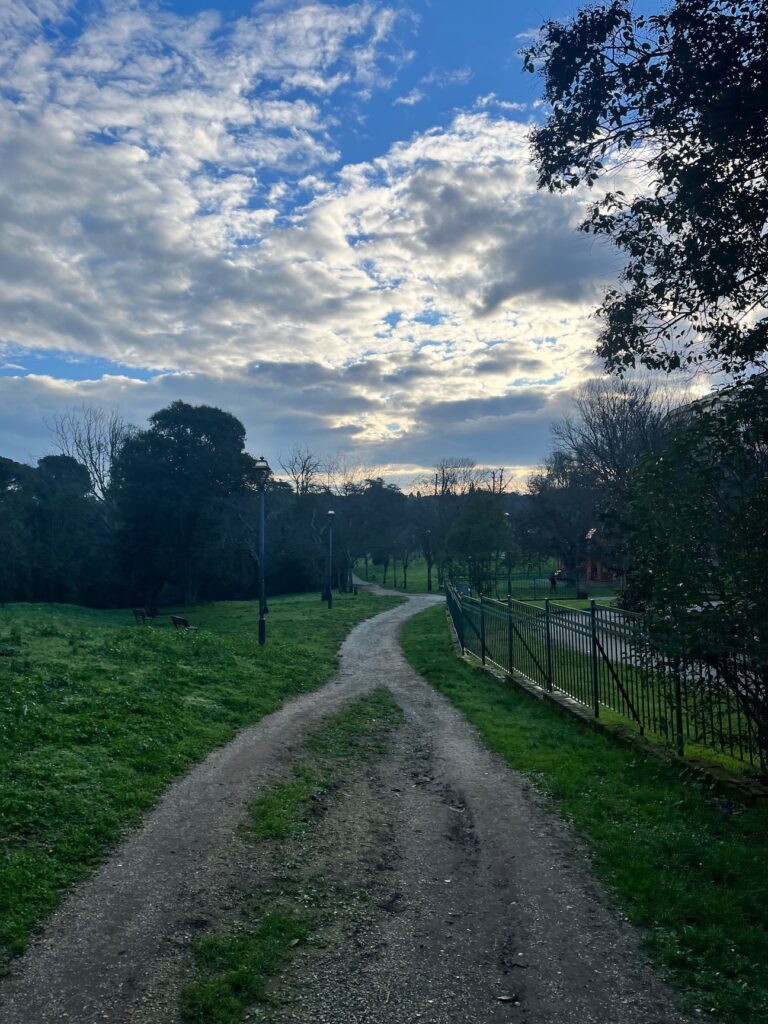
I’ve embarked on reading my first book in Italian of the year—and as usual, it’s taken a bit of motivation to get going. Mettere in moto il cervello. It’s a book that I in fact purchased late last year—but again, out of laziness I have allowed it to languish on my table while happily blowing through other ones in English that I could finish over a weekend. I am told that I’m a fast reader, and maybe that’s true. For me reading is like pushing off at the high point of a waterslide, my attention held hostage until the course is run and I’m dumped into the small pool at the bottom. That’s when I grab my inner tube and set off for the stairs to climb up to the top and do it all over again.
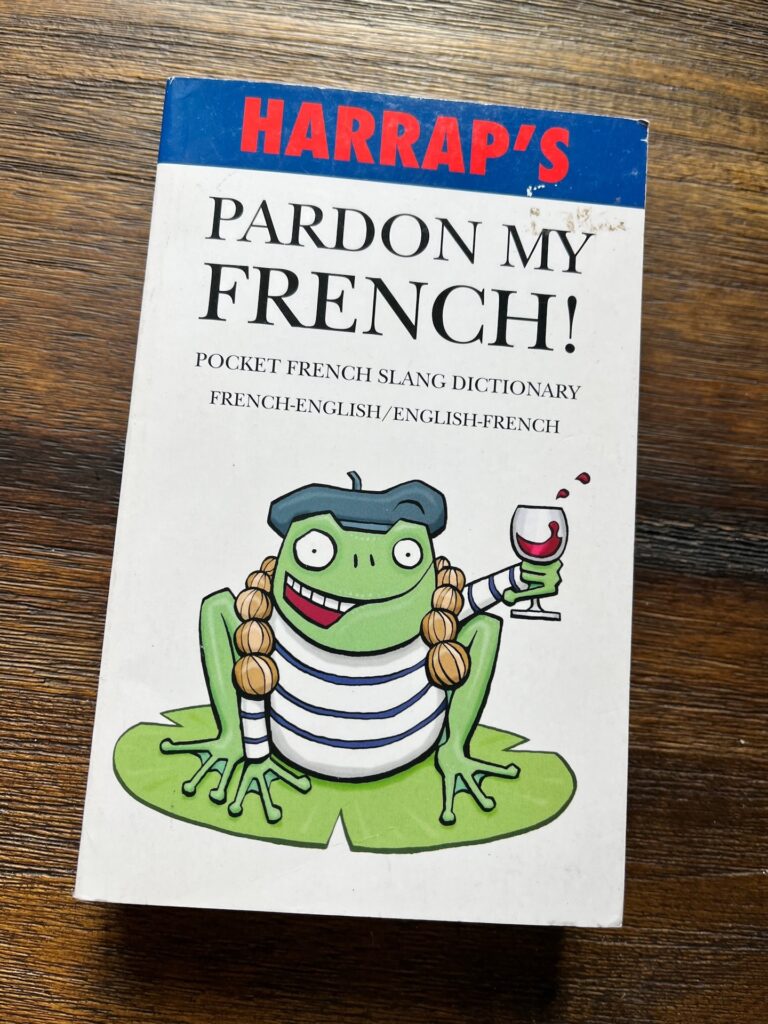
For obvious reasons, the books in Italian don’t get the same traction for me. As a non-native speaker, invariably there are so many words that require lookups. It slows down the entire reading process, and while online dictionaries are far less cumbersome than the old reference books I used to carry with me, they still create a break in the action. By the time I find the word, maybe I’ve lost my place in the paragraph. Or I found that I have been spacing out and I don’t know at all what I was just reading anyway. Yar. As a kid, I remember my English teachers admonishing us to not skip over words that we didn’t know. But of course it was far easier to race past bumpy words and hope that you catch the gist of the sentence. It worked often enough that, as an impatient American child reading English, it was my preferred method of reading.
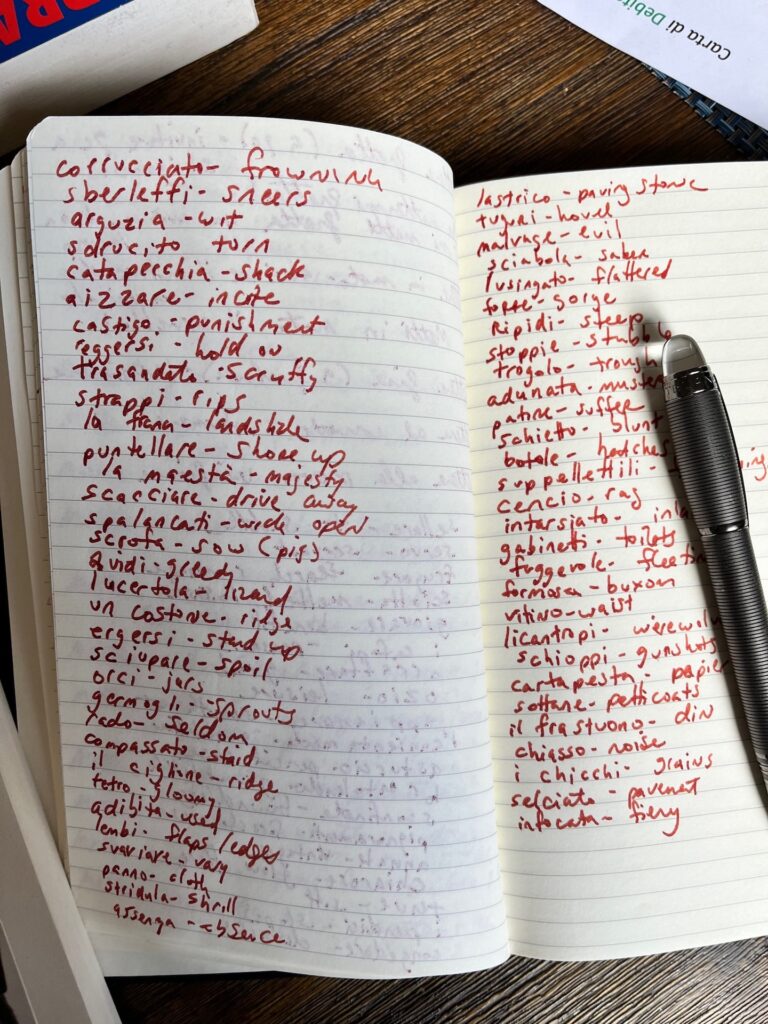
These days, my mentality has shifted and I understand that I will have to look up a word once, twice, maybe five times before I understand and remember what it means. I have notebooks everywhere containing various vocab lists. Notebooks that I honestly don’t find the time to return to and study. As a result, sometimes I page through the lists and do feel a bit despondent. I want to pick up my phone and text other language learners proclaiming, “I will never learn all of these Italian words!”. But I don’t do it. Instead, I ask myself whether I know all of the English words in the world. Of course I don’t. That was again made evident while reading my current selection and came across the word, apomorfina. I looked it up, and the English word is apomorphine. Great. Thanks. Now if I was in the medical world, I would not have needed to move on to an English dictionary in order to understand the word. But that’s how learning works. The waterslide itself is for amusement only after you’ve done the work in climbing up the many stairs it takes to get to the start.
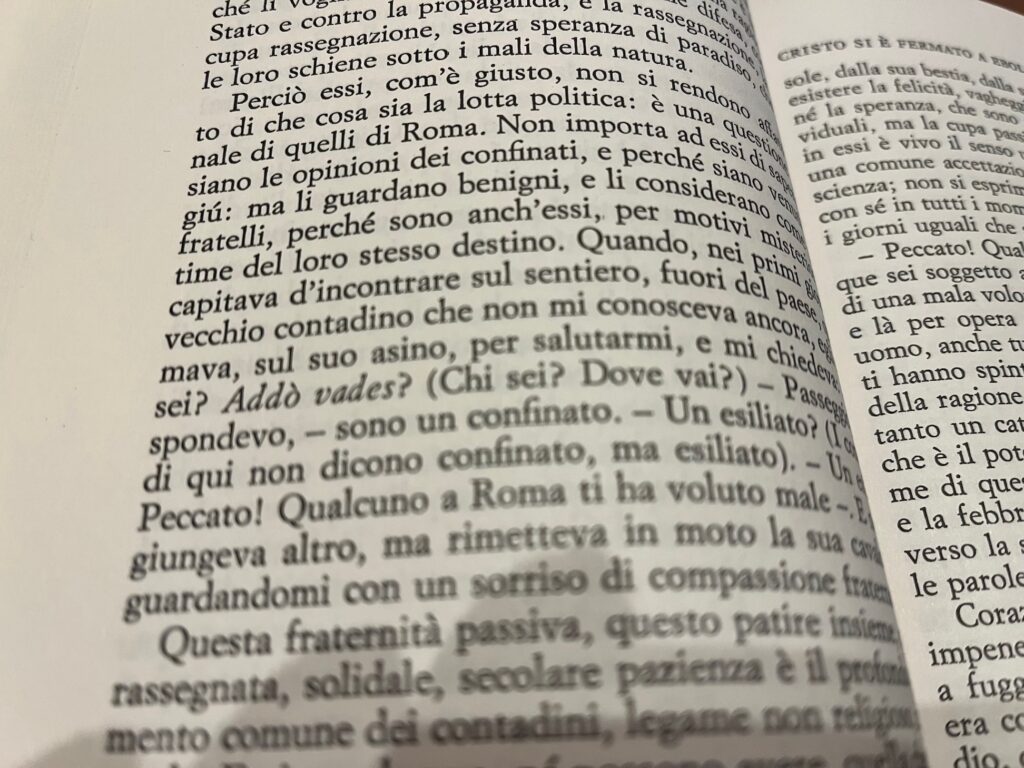
The book I am currently reading is considered an Italian classic, and I chose it both on a friend’s recommendation and also because I wanted to read a book that gets into some of Italy’s recent history. It’s called Cristo si è fermato a Eboli by Carlo Levi, published in 1945. The memoir is fairly bleak, but it is an interesting read. Interesting yet painstaking not only because it highlights my limited scope in Italian vocabulary, but also because it employs some nearly lost subject pronouns in Italian. It doesn’t make for impossible reading, but much like Shakespeare’s employment of “thy”, outside of literature there aren’t many places where I am going to be using “egli”. Of course all of it is all worthwhile to learn, but I recognize that my brain’s bandwidth can only support so much input.

Last year I attempted to read another Italian classic book with an engaging plot—Il Gattopardo by Giuseppe Tomasi di Lampedusa. Like the Levi book, it was a selection that offered a window into Italian history. In picking it up, I noted that it was almost comically thin, and as such it tricked me into thinking that I could get through it easily. Or at least quickly. This was not the case. While I stumbled through the chapters at a glacial pace, at the end of each one I found myself turning to online synopses to see if I caught all of the action that had just transpired (I hadn’t). I finally decided that I would abandon the story, even if I felt bad.
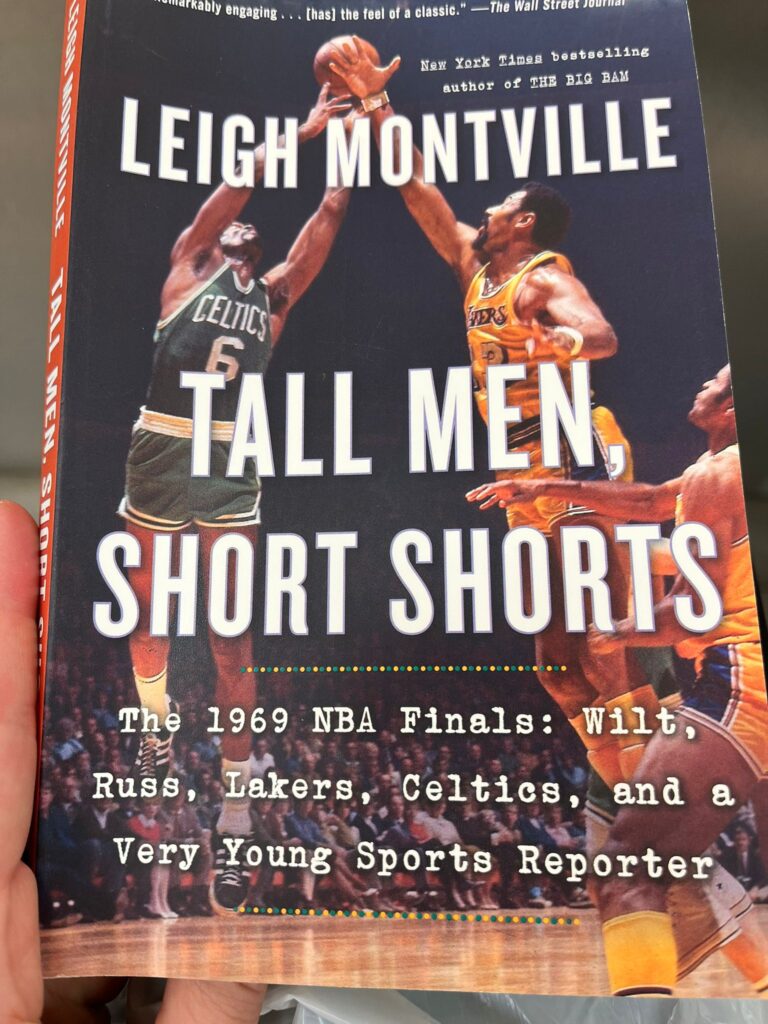
It is absolutely not in my nature to quit books. To wit, I have a book that I found in the office that I am absolutely slogging through. I found the book in a shipment of selections provided by my employer. They regularly sends us a box of new books, and last year for some reason they sent a number writing about the Boston Celtics. This has been a happy coincidence for me, but this latest book, I am reading slowly because the story is great but the writing style is driving me bananas. I won’t go into it here, but suffice to say that I am committed to finishing, even if the writing is grating on me. I have not given up on this book, but I did give up on Il Gattopardo.
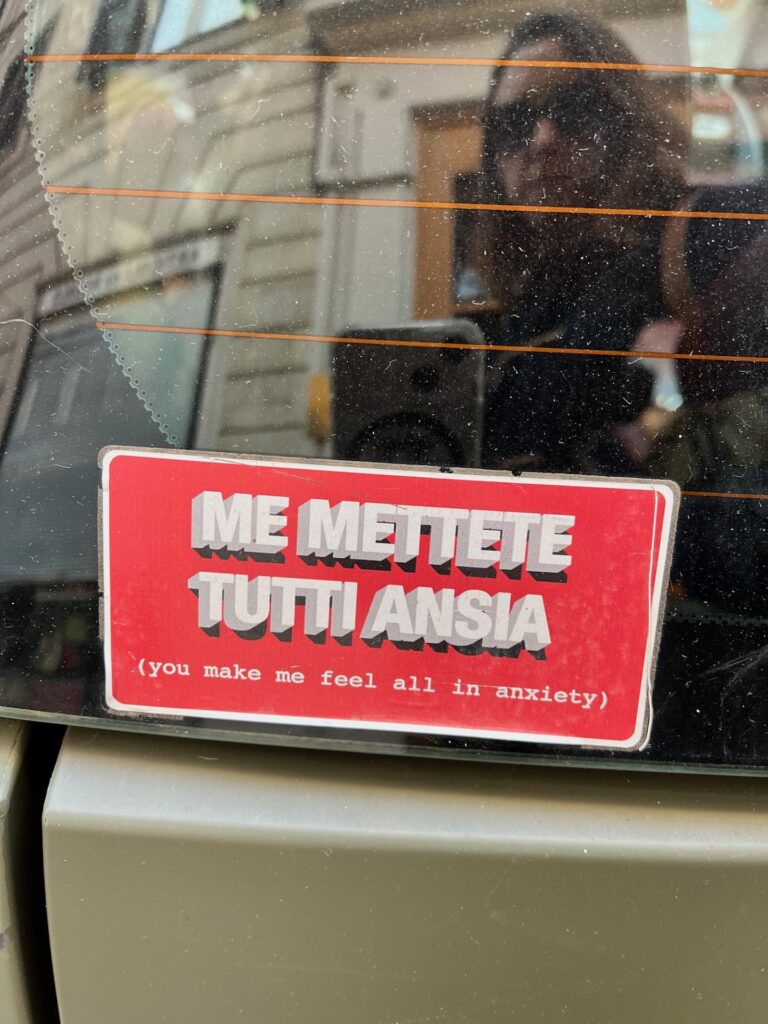
I did feel guilty about putting down that Italian classic only until I mentioned it to actual Italian people in my orbit. I was at a social gathering where the general subject of books came up. I mentioned that I had tried and failed to read Il Gattopardo. The look on their faces was a mixture of disbelief and comprehension. I got a sort of, “Why on Earth would you choose that book?!” reaction combined with reassurances that even for them, the native speakers, it is “molto pesante” (a heavy read). And perhaps they were even proud of me for trying…I don’t know. I wasn’t trying to impress anybody. I just don’t like giving up on books. And worse, despite all of that failed effort, I honesty can’t recall if I came away with any new vocabulary comprehension after devoting weeks to trying to read it.

But back to my current story. After a bit of stops and starts, I am now hallway through and feel confident that I can successfully perform about a hundred more word look ups and then finish it. I do still give a side-eye to my notebook and wonder about all of those words I have already written down…but for the moment I will try not get myself bogged down by that mountain of new knowledge.

This morning a song came on the radio that I hadn’t really heard since I first arrived in Italy. That was three years ago when I showed up with loads of French in my head but zero Italian. Not even a course of instruction under my belt. This was the time when I soon learned about the Ironman-strength Italian Song Festival called Sanremo, and with it the winning song for 2020 which was Fai Rumore (Make Noise). After winning the festival, this song played constantly on the radio throughout COVID lockdown. While I heard it constantly, the melody didn’t do much for me, and it probably didn’t help was that the song was little more than a bunch of Italian words that I didn’t have the competency to process.

But today while getting dressed, I actually listened to the lyrics. You know how you sometimes focus in on a song rather than just cresting along with the melody. To my delight, I found that I have slowly but surely learned new words, and this song I do now understand. It wasn’t an overnight occurrence, but instead the result of a (very) slow building block approach involving multiple approaches to learning. Despite all of the stops and starts, I can and do reach higher levels of proficiency. Of course an Italian pop song cannot be compared to a modern classic of literature, but perhaps a mix of these two elements is the route most compatible with my modest, personal erudition. I will take what I can get wherever I can find, and remember that time, patience and application remain the key to further opening the aperture of this world.